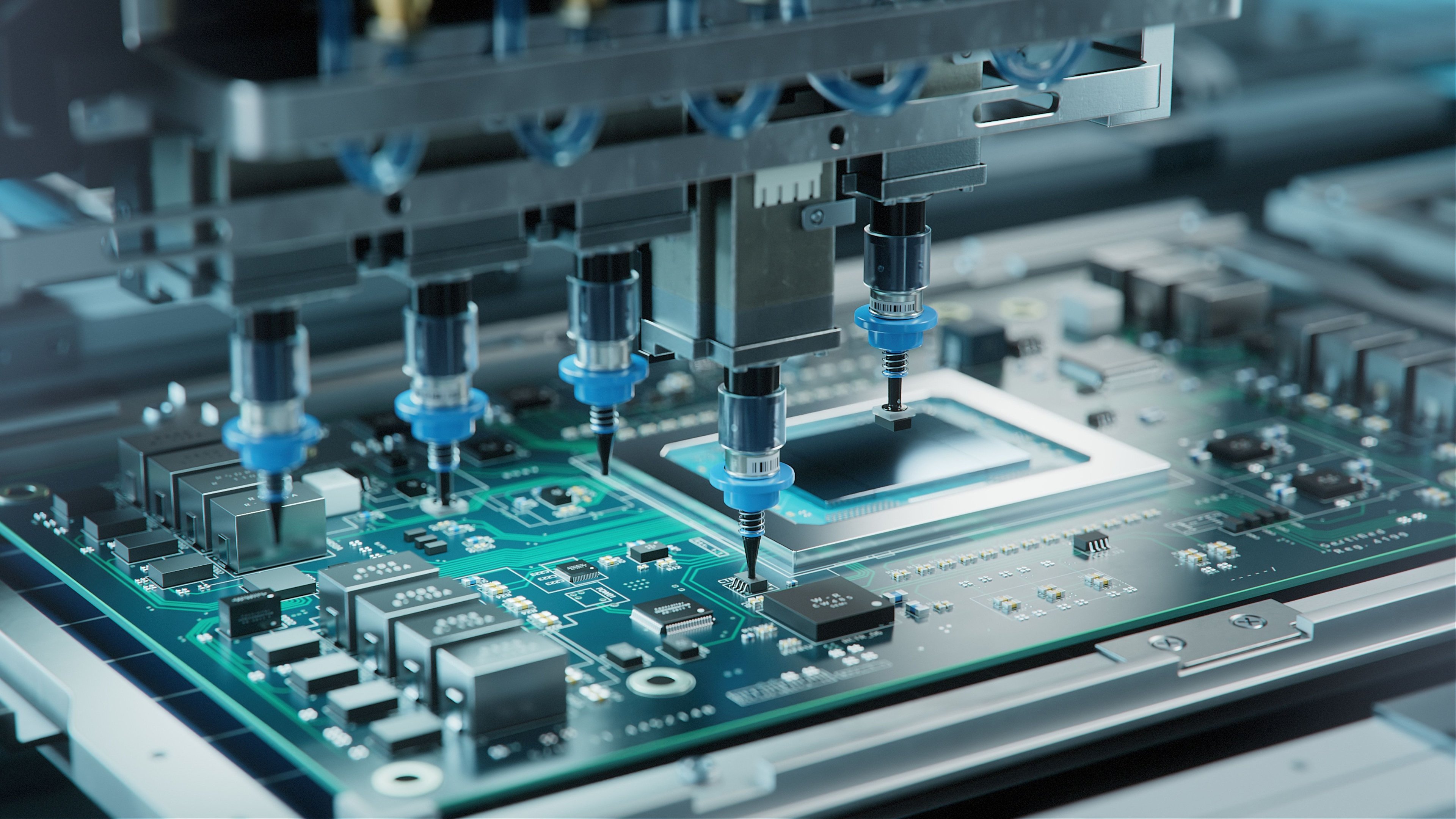Cirrus Logic's (CRUS 0.11%) stock recently tumbled after iFixit's teardown of Apple's (AAPL 0.93%) AirPods 2 revealed that the device didn't use Cirrus' new Adaptive Noise Cancellation (ANC) technology. Instead, Craig-Hallum analyst Anthony Stoss, who first spotted the exclusion, believes that Apple is using Maxim Integrated's (MXIM +0.00%) competing codec, which processed audio for the original AirPods.
Stoss believes that expectations for Apple to use Cirrus' ANC codec boosted the semiconductor supplier's stock price by more than 20% this year, and that its exclusion could cause the stock to sell off. Let's take a closer look at Cirrus' business to see if that fear is justified.

Image source: Apple.
A lesson in customer concentration
Cirrus Logic produces a wide range of audio chips and amplifiers. It generates most of its revenue from chips for portable audio products, including smartphones, and a lower percentage from non-portable audio devices and other devices.
Cirrus' top customer is Apple, which accounted for a whopping 83% of its revenue last quarter. Cirrus supplies the audio chips for its iPhones, iPads, and Macs. Apple's robust hardware sales in previous years were a major tailwind for Cirrus.
However, iPhone sales decelerated significantly last year, due to longer upgrade cycles, high prices, and tougher competition in high-growth markets like China. Demand for iPads peaked five years ago, and the soft PC market is throttling Mac sales.
Apple is pivoting its core business toward subscription services to offset that decline, and it streamlines its supply chain in two ways to boost its margins. First, it's producing more of its own components -- including its A-series systems on a chip, Bluetooth chips for its AirPods, and security chips for storing biometric data. It's also developing its own GPUs, modems, and power management chips, and recent reports indicate that it could replace Intel's x86 CPUs with its own custom ARM chips in future Macs.
Second, Apple often splits and shuffles orders of key components between two or more manufacturers. In previous iPhone models, it shuffled its chip manufacturing orders between Samsung and TSMC, and its modem orders between Intel and Qualcomm. Doing so arguably boosts Apple's clout in negotiations and reduces its dependence on individual partners and suppliers.

Image source: Apple.
Spotting the red flags
Apple's strategic shift raises red flags for Cirrus. Cirrus is Apple's longtime partner, but Apple could eventually produce its own audio codecs or split its orders with a competitor like Maxim. After all, Apple has abandoned partners before. When Apple decided to produce its own graphics chip, Imagination Technologies lost about half its annual sales.
Dialog Semiconductor (DLGNF +0.00%), which previously sold power management chips to Apple, also sold its patents and a portion of its business to Apple when it realized that its top customer wanted to produce in-house power management chips. Dialog, which generated about three-quarters of its revenue from Apple, preferred to raise cash and diversify its business instead of suffering Imagination's fate.
Apple's sluggish hardware sales will likely raise the priority of its efforts to build more components in-house. Apple's decision to use Maxim's codec again in the AirPods 2 might just be a matter of convenience, or it could be a dire warning sign.
Cirrus needs to look beyond Apple
Cirrus often claims that it can diversify its core business away from Apple by selling more audio chips to Android original equipment manufacturers. Yet Apple's weight on Cirrus' top line fell only 3 percentage points annually to 83% last quarter, and no other customers accounted for over 10% of its revenue.
At this point, it makes sense for Cirrus to diversify its business with investments or acquisitions. However, the company is mainly sitting still, waiting for the smartphone market to improve, and buying back shares.
Cirrus repurchased $150 million in shares during the first three quarters of 2018 at an average price of $40.41, and added $200 million to its buyback program to boost its authorization to $250 million. It hasn't acquired any companies since 2015.
The key takeaways
Cirrus investors likely hoped that securing a spot in Apple's AirPods 2 could reduce its dependence on iPhones, iPads, and Macs and tighten its bond with the company. TF International Securities analyst Ming-Chi Kuo estimates that Apple's AirPods shipments will rise from about 27 million units last year to 100 million to 110 million units in 2021 -- so it could become a lucrative new revenue stream for Cirrus.
But there's no guarantee that Cirrus won't suffer the fate of Imagination and Dialog as Apple vertically integrates its operations. Instead of focusing on content-share gains in other Apple products, Cirrus investors need to ask whether the company can survive without its biggest customer. If not, it might be wiser to simply buy shares of Apple instead.







